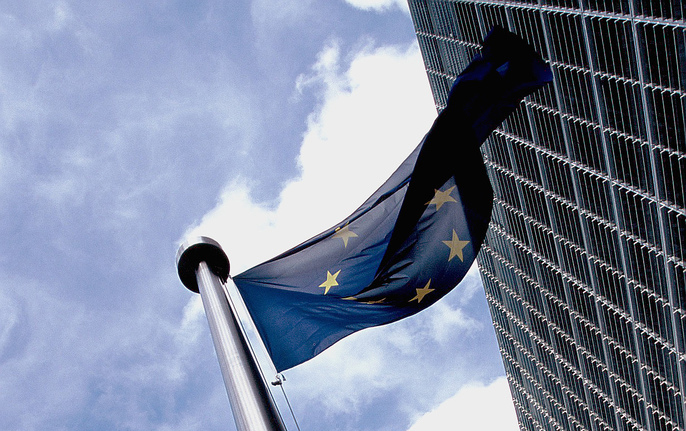
Moves by the EC to approve GM animals for commercial use in food could spark a major consumer backlash if the Commission does not change direction, GM campaigners said today.
GM Freeze today wrote to EC Health and Consumer Commissioner Dalli asking why scientists involved in commercial development of GM insects were asked to take part in drafting the European Food Safety Authority’s (EFSA’s) Draft Guidance on the Environmental Risk Assessment for GM Animals.
The letter also challenges the premature continued development of regulatory regimes for the introduction of both GM animals and clones when they are not needed and are clearly rejected by EU citizens and the Parliament. GM Freeze says this pre-empts proper public debate about the ethics and acceptability of using animals in this way.
The group pointed out that five scientists on the EFSA panel that drafted the Guidance Document on assessing the environmental risk of GM animals were scientific advisors linked to the UK biotech company Oxitec. Oxitec is developing commercial applications for GM insects to produce offspring that die before they become adults in an attempt to control disease or agricultural pests.
Oxitec’s Chief Scientific Officer, Luke Alphey, provided evidence for EFSA. He wrote a paper earlier this year in which he advocated a “proportionate” (ie, weakened) approach to risk assessment of GM insects. Actual risks are very hard to assess without first releasing large numbers of GM insects, which cannot then be retrieved, but the Guidance Document does not provide any suggestions as to how such risks are to be assessed in the absence of appropriate baseline data or suitable comparators.
Oxitec previously approached UK regulators to allow a mass release of GM moths in the UK under Contained Release Regulations instead of under the GMO Deliberate Release Regulations in what is believed to be an attempt to avoid conducting the complex, expensive and time-consuming environmental risk assessment legally required under the latter. The move was rejected by the UK regulators. Oxitec has been developing GM insects for some time, but has not been given authorisation for a commercial release anywhere in the world, and the company urgently needs such an approval to generate income to tackle its debts.
“EFSA has been heavily criticised for its close links to the biotech industry but still chose to ask scientists with a clear vested interest to help design the approval process for its own products" said Pete Riley of GM Freeze.
"The involvement of Oxitec staff is a particularly worrying as the company has a clear agenda to water down the regulatory requirements for commercial release of its GM insects.”
GM Freeze responded to the EU public consultations on the Environmental Risk Assessment of GM Animals, the Risk Assessment of Food and Feed from GM Animals and Animal Cloning for Food Production. The group highlighted a number of key problems with the approach being proposed by EFSA to GM animals including the failure to advise on how the precautionary principle should be used when there are data gaps or scientific uncertainty and the unacceptability of using post release monitoring to fill data gaps or to resolve scientific uncertainty after GM animals had been released commercially.
“EFSA’s approach comes up short and exposes the ill-advised rush to prepare for the release of GM animals and clones when they have been rejected by European citizens. Farmers should be very wary of supporting the use of GM in farm animals, fish and insects if they want to avoid a major consumer backlash like the boycott in the 1990s" said Riley.
“We’ve identified several significant deficiencies in the way EFSA hopes to manage the huge difficulties in assessing the safety of clones and GM mammals, birds, insects and fish. Suggesting that when there is a shortage of data such animals should just be released and the data gaps filled afterwards is recklessly unacceptable.
“We believe Europeans reject both clones and GM animals on ethical and welfare grounds. They deserve a proper public debate about the ethics of using animals as mere industrial commodities before any further developments are contemplated or more public money spent.”
